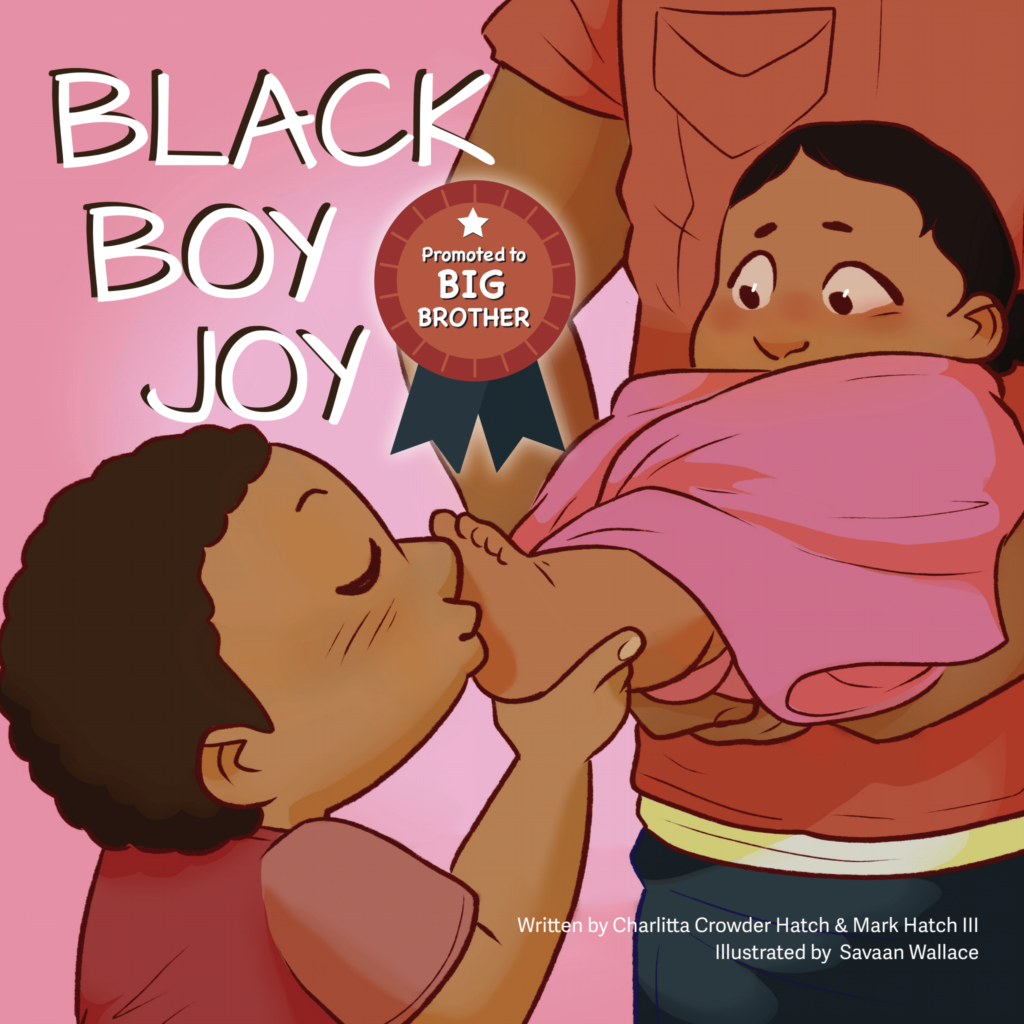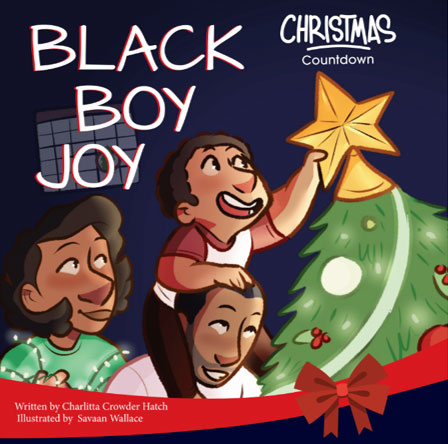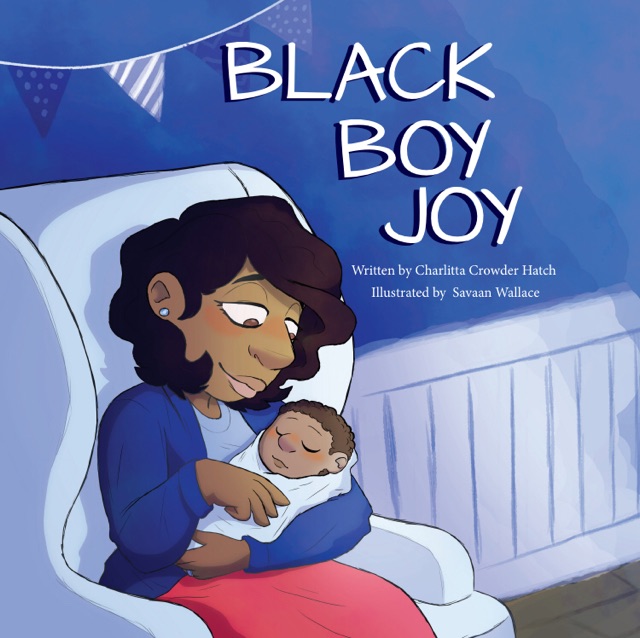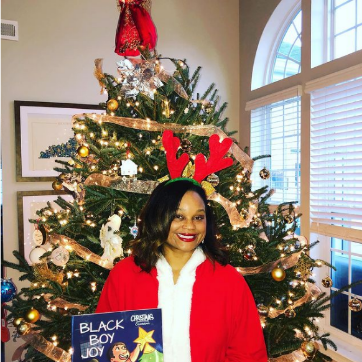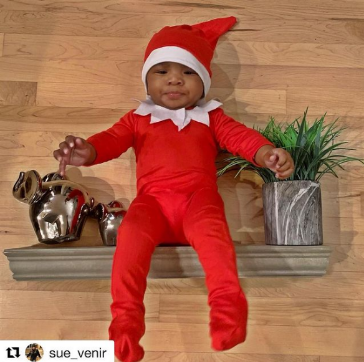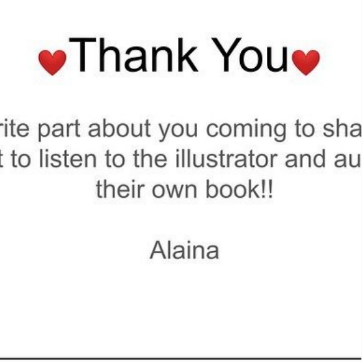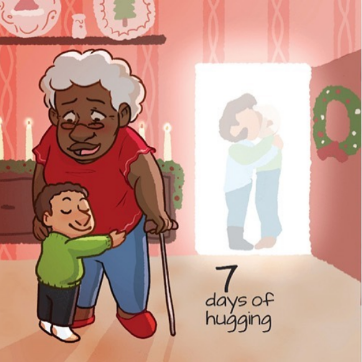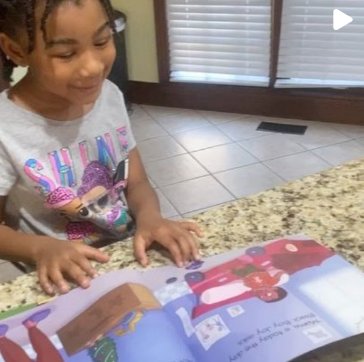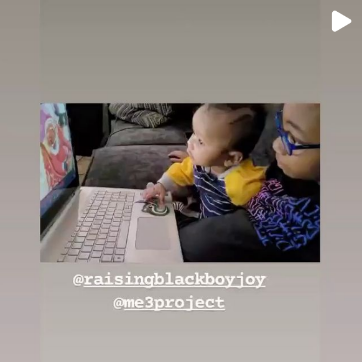911, What’s Your Emergency?
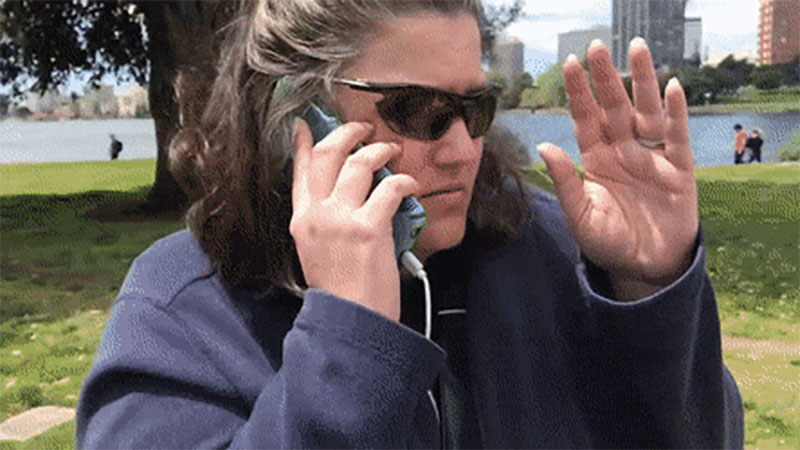
Diversity is being invited to the party and Inclusion is being asked to dance.
Our in-house Diversity and Inclusion expert, Nasiya Acklen shares with us ways to build inclusive homes and communities.
Recently in the news, there seems to have been a rash of instances involving white people calling the police on African Americans for living their lives, doing basic everyday activities…like convening at a local coffee shop or trying to enjoy a day at the park (absolutely nothing harmful or life-threatening). Story after story continues to surface in our neverending news cycle. Now thanks to social media, they evolve into – and eventually die as – a viral mockery. Think back to this past May, when Jennifer Schulte called the Oakland police to report a group of black people barbecuing on a charcoal grill in a park (Note: Reportedly, “charcoal” grills were not allowed in ‘that portion’ of the park). Or consider the incident in Philadelphia that sparked a national outcry when two black men were handcuffed and escorted out of a Starbucks after having sat down at a table for TWO MINUTES without ordering any food or beverages.
I won’t act oblivious to believe that any of this is new, but this smartphone society we now live in allows for events to be captured and broadcast to the masses in real time. To be honest, as an African American it’s sort of become expected…the daunting feeling of having to show and prove that you belong, and you did no wrong while being there. Whether it be living in a predominantly white neighborhood, boarding a first-class flight, studying at an Ivy League institution, shopping around the BMW dealership, or in the corner office at the Fortune 500 company.
What’s really begun to capture my attention are the numerous incidents involving innocent black children. One of the worst examples resulted in a woman slapping a 15-year-old black teen at the pool, then subsequently biting the arresting officer! These are children attempting to enjoy a hot summer afternoon of fun at the pool or make an honest dollar by selling items such as lemonade and ice cold bottled water, delivering newspapers, or even mowing the lawn of a senior neighbor. Growing up, these used to be excellent opportunities to get kids interested in entrepreneurship early or simply to teach them the value of “earning” a dollar. What was more American than a good old-fashioned lemonade stand or delivering newspapers? Those days seem to be long gone.
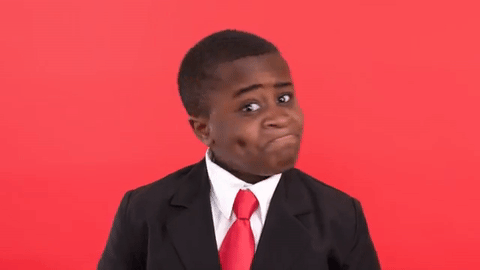 It’s important to stop and ask why does this behavior continue to occur? Let’s assume one explanation of the mal-intent could be that historically, police have been used as a way to control or strike fear into black people in America. Generally speaking, there has been a widely known strained relationship between blacks and the police. Introducing authority into the mind of a child in this fashion only perpetuates the negative messaging. Alternately, it could be argued that calling the police is seen as a non-confrontational means to address an escalating concern. But does that make it ok? Is the intent of the local authorities to follow-up on everyone’s non-safety related discomforts? Would it be necessary for a child to have a permit to sell an item, when the money earned is sometimes equivalent to less than your hourly pay rate?
It’s important to stop and ask why does this behavior continue to occur? Let’s assume one explanation of the mal-intent could be that historically, police have been used as a way to control or strike fear into black people in America. Generally speaking, there has been a widely known strained relationship between blacks and the police. Introducing authority into the mind of a child in this fashion only perpetuates the negative messaging. Alternately, it could be argued that calling the police is seen as a non-confrontational means to address an escalating concern. But does that make it ok? Is the intent of the local authorities to follow-up on everyone’s non-safety related discomforts? Would it be necessary for a child to have a permit to sell an item, when the money earned is sometimes equivalent to less than your hourly pay rate?
We have to get back to a place where we see the innocence first in children and their existence. We should tell ourselves and our kids that it is ok to engage and talk with a genuine interest to people that are different from our own. This will continue to become more and more important as gentrification grows (…and by gentrification, I’m referencing “the mixing of different socioeconomic classes and/or races of people living in the same vicinity”). The next time you get a subconscious urge to rush past the kid trying to get your attention to offer to sell you something, stop – just for a few minutes. Acknowledge their presence. Be polite – even in your decline. Hearing a ‘No thank you’ response teaches the child important lessons on accepting rejection and how to become resilient. Take it a step further by engaging the child in a conversation. Ask him or her questions in an empathetic manner. Meet them at their level to provide sustainable feedback, in a non-accusatory way, especially if you decide to partake in their products or services! You never know how important it might be for the child – or any of us – to feel “seen”. We are all teachers. Our words, silence, emotions and reactions all speak the loudest to children.
P.S – It doesn’t all have to be bad news. For example, a story in Minnesota gave me hope. Someone called the health department and police on a young black boy that had been selling hot dogs for years, to shut him down for operating without a permit. Jaequan Faulkner, 13, started selling hot dogs as a means of earning money to buy clothes. The soi-disant Jaequan’s Old Fashioned Hot Dogs transitioned into his way of putting a smile on people’s faces. Not only did the Minnesota Health Department officials help him apply for a permit, but they also signed him up to receive entrepreneur training to learn more to ultimately expand his business! Won’t you agree that it’s time to change the narrative, together? #MoreOfThis
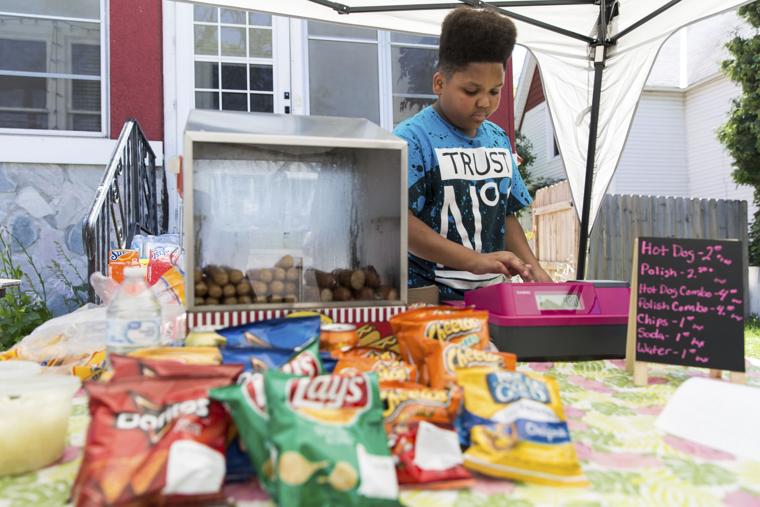
“My mission in life is not merely to survive, but to thrive; and to do so with some passion, some compassion, some humor, and some style.” –Maya Angelou
#Blackboyjoy Discussion Starters:
- Do you have discussions about police in your home? What is your children’s response?
- What are ways we can build healthy relationships between our families and local authorities?
If there are particular diversity and/or inclusion topics of interest that you would like to see a blog posting, please let us know.
 Nasiya Acklen
Nasiya Acklen
Nasiya Acklen is a native of Nashville, TN. She matriculated at Hampton University for her undergraduate degree and received her MBA from Cornell University. Nasiya is currently a Human Resources professional at a Fortune 500 company and has a burning passion for being a change agent, particularly in the realm of Diversity & Inclusion. Nasiya has adopted Maya Angelou’s quote as a personal mantra: My mission in life is not merely to survive, but to thrive; and to do so with some passion, some compassion, some humor, and some style.

